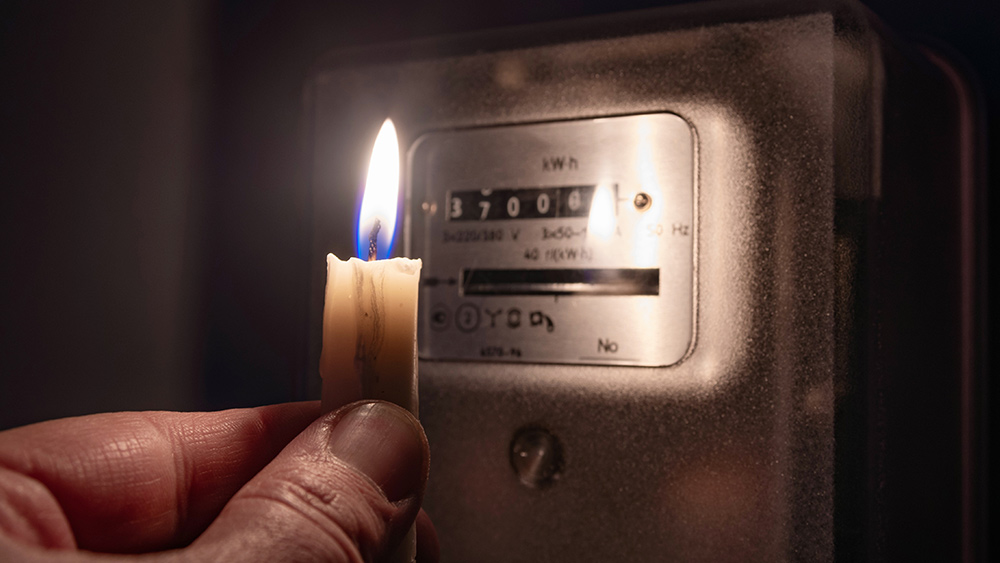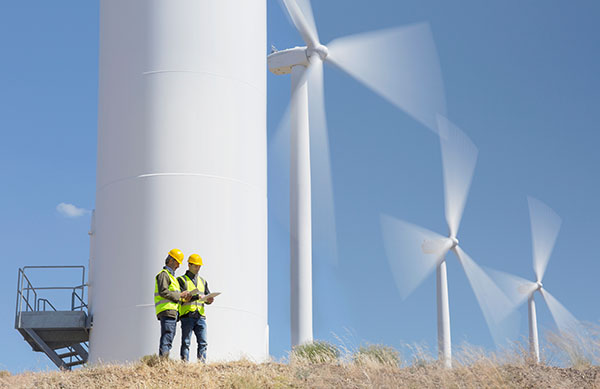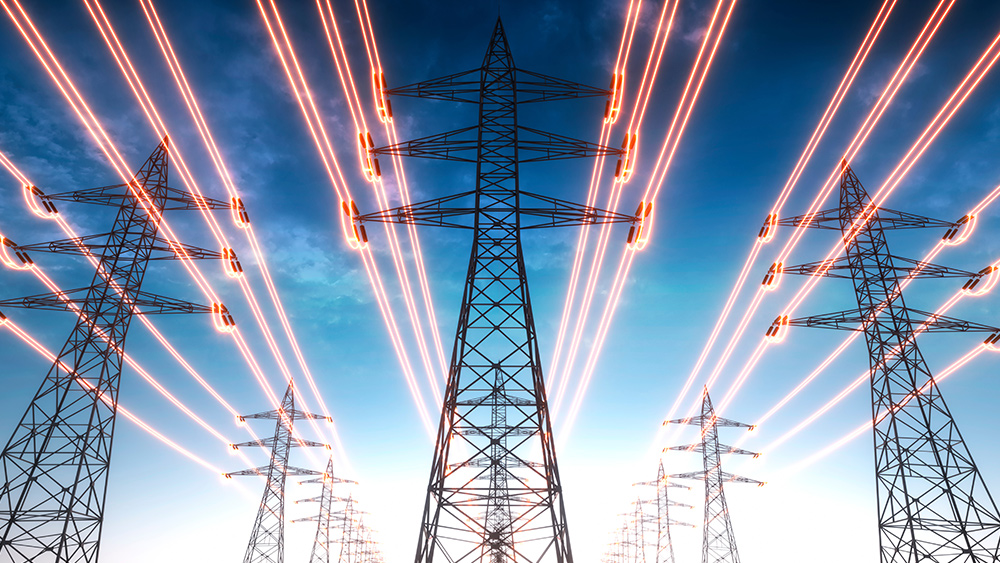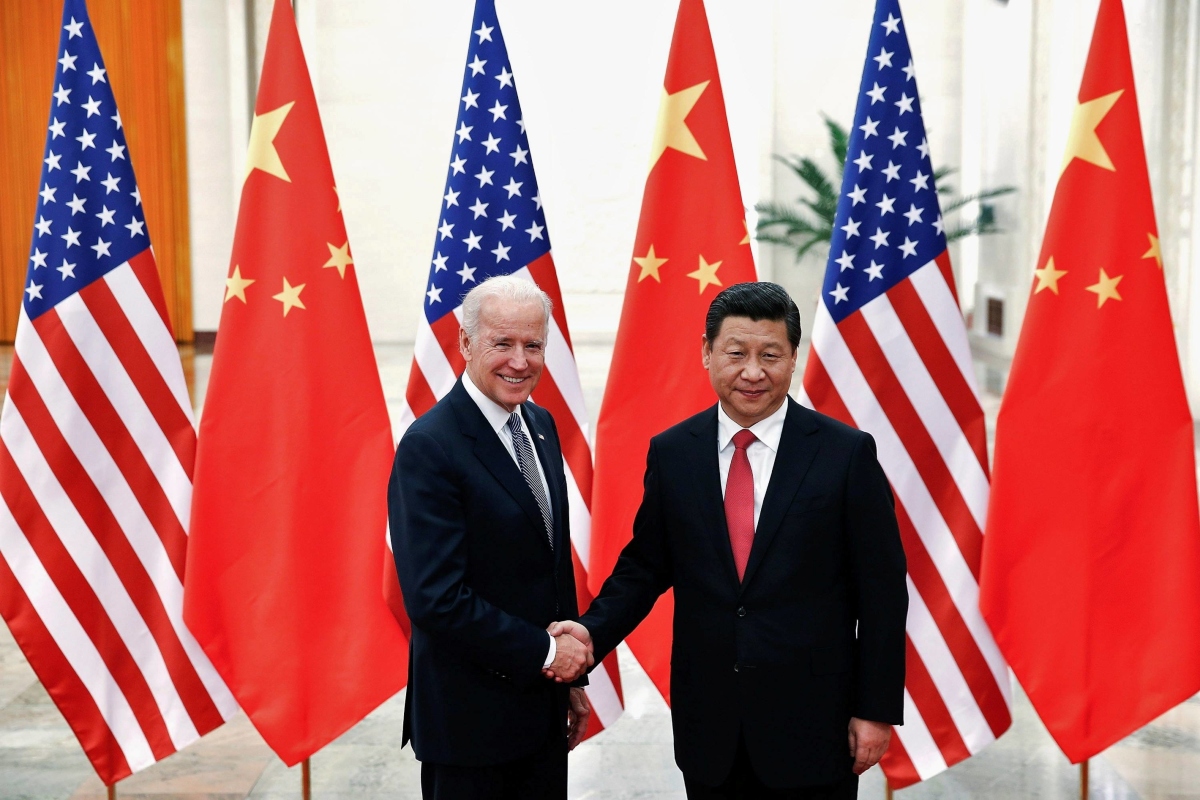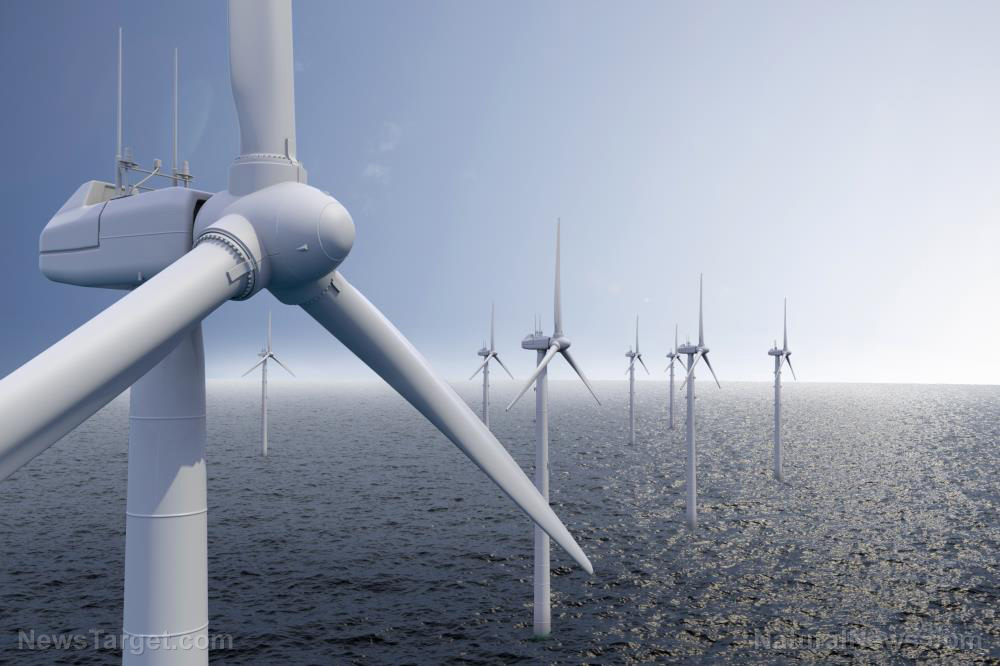Big Tech eyes nuclear power to meet the demands of AI computing
07/04/2024 / By Kevin Hughes
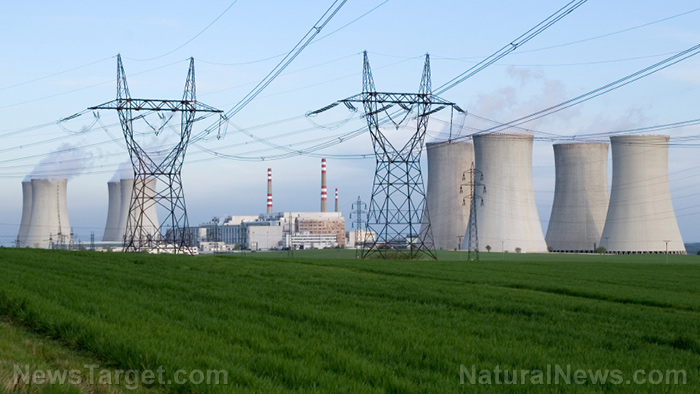
Big Tech companies searching the country for electricity supplies are focusing on a primary target: America’s nuclear power plants.
The owners of about a third of American nuclear power plants are in negotiations with tech corporations to supply electricity to new data centers required to meet the demands of an artificial intelligence upswing.
Amazon Web Services is closing a deal for electricity supplied directly from a nuclear plant on the East Coast with Constellation Energy, the biggest owner of nuclear power plants in the United States, as stated by people informed about the matter.
The Amazon.com subsidiary bought a nuclear-powered data center in Pennsylvania for $650 million in a separate deal in March. (Related: Microsoft acquires over 1,000 acres of land in Wisconsin for data center campus.)
The talks could confiscate stable power generation from the grid while reliability concerns are already increasing around much of America, and the latest types of electricity users — including AI, manufacturing and transportation — are substantially raising the demand for electricity in areas of the country.
Nuclear-powered data centers would match the grid’s highest-dependability workhorse with a rich customer that wants 24-7 carbon-free power, possibly speeding the expansion of data centers needed in the worldwide AI race.
Even if tech corporations were to cancel (or cancel out) nuclear-power deals by financing the acquisition of renewable energy, experts say the possible result is more dependence on natural gas to replace redirected nuclear power.
Natural gas-fired plants are inexpensive and more practical
Natural gas-fired plants have been blamed for carbon emissions. However, unlike renewables, they can supply continuous power and are inexpensive and more practical to construct than modern nuclear plants.
The nuclear-tech marriage is inciting tensions over economic development, grid reliability, cost and climate goals in states like Connecticut, Maryland, New Jersey and Pennsylvania.
Amazon’s deal in Pennsylvania triggered alarm bells for Patrick Cicero, the state’s consumer advocate.
Cicero said he is worried about cost and reliability if “massive consumers of energy kind of get first dibs.”
It is unclear if the state presently has the regulatory power to intervene in such agreements, Cicero stated. “Never before could anyone say to a nuclear power plant, we’ll take all the energy you can give us,” he said.
An Amazon spokeswoman said: “To supplement our wind- and solar-energy projects, which depend on weather conditions to generate energy, we’re also exploring new innovations and technologies, and investing in other sources of clean, carbon-free energy.”
The data center that Amazon bought in Pennsylvania can accept up to 960 megawatts of electricity which is enough to power hundreds of thousands of homes.
The purchase hastened interest in so-called behind-the-meter deals, in which a huge customer gets power directly from a plant.
The latest arrangements mean data centers can be constructed years quicker because little to no recent grid infrastructure is required. Data centers could also evade transmission and distribution charges that form an enormous share of utility bills.
Nuclear plants struggled to contend with wind, solar and natural gas, inciting a surge of closures. Now, tech companies are willing to pay a premium for almost uninterrupted, carbon-free power that will also allow them to do well on climate-change promises while powering AI.
Meanwhile, as tech companies race to develop bigger, more powerful AI models, the staggering demand for electricity to power the technology could ultimately slow down the race.
In April, Ami Badani, chief marketing officer of the chip design firm Arm, said data centers presently make up two percent of worldwide energy consumption.
With the quick growth of AI, Badani predicted that energy consumption from the industry could make up a fourth of all power use in America by the end of the decade. “We won’t be able to continue the advancements of AI without addressing power. ChatGPT requires 15 times more energy than a traditional web search,” Badani stated.
By 2030, data centers could consume up to nine percent of electricity in America – more than double what is being used now, as reported by the Electric Power Research Institute.
In April, OpenAI chief executive Sam Altman was among investors in Exowatt, a startup developing modules that store energy as heat and generate electricity for AI data centers.
The startup raised $20 million in a round that also involved venture capital company Andreessen Horowitz.
Follow Power.news for more stories about electrical power in America.
Watch the video below about Dr. Kirk Elliott’s commentary on AI’s impact on the American economy.
This video is from the Flyover Conservatives channel on Brighteon.com.
More related articles:
Big Tech has a growing appetite for America’s electricity and water resources.
U.S. seeks to reduce its heavy reliance on Russian uranium for nuclear power.
Tech industry develops AI mind-reading technology capable of measuring citizen loyalty to government.
Company backed by Bill Gates wants to deploy small modular nuclear reactors across U.S.
Sources include:
Submit a correction >>
Tagged Under:
AI, Amazon Web Services, America, Big Tech, ChatGPT, computing, Constellation Energy, data center, electricity, energy supply, Exowatt, future science, future tech, Glitch, grid reliability, information technology, inventions, nuclear power plants, OpenAI, pennsylvania, power, power grid, tech giants, technocrats
This article may contain statements that reflect the opinion of the author
RECENT NEWS & ARTICLES
Electricity.News is a fact-based public education website published by Electricity News Features, LLC.
All content copyright © 2018 by Electricity News Features, LLC.
Contact Us with Tips or Corrections
All trademarks, registered trademarks and servicemarks mentioned on this site are the property of their respective owners.



